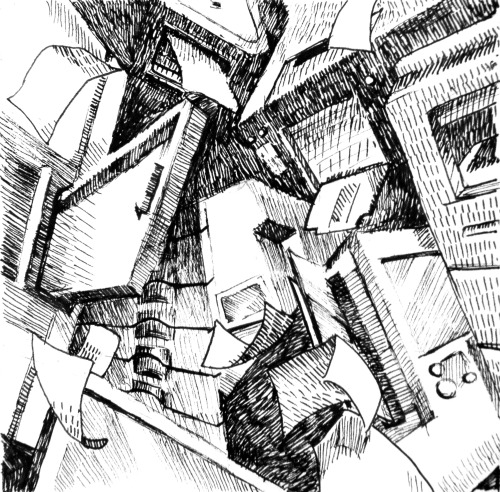UT libraries are in crisis.
The price of academic publications, or serials, is rising much faster than the national rate of inflation. From 1986-2004, serials prices increased by 273%, while overall prices increased by 73%. Chronic inflation has led to what some call the “serials crisis,” as libraries across the country struggle to keep up with the rising costs of recurring publications.
At UT, this means the total cost of academic subscriptions goes up by about $500,000 per year. However, that has not translated into a budgetary increase. University library funding has remained stagnant for nearly a decade, and buying power decreases every year.
UT must make library funding a priority to ensure students and faculty can access essential research needed to maintain UT’s status as a top university.
“I’ve noticed in the last few years a seeming creep of major books not purchased in areas where we routinely collect,” one faculty member commented on the Provost website. “I’m fully cognizant that budgets are tight, and that books are increasingly expensive, but we must keep up with our peers, or we will, without question, lose our footing as a research hub.”
Unless something changes, UT will be forced to cut deals with publishers and lose access to essential publications.
“It’s like a house,” said Jennifer Ebbeler, chair of the Collections Subcommittee of the Task Force on the Future of UT Libraries Members. “If you don’t keep maintaining it, suddenly everything falls apart,” You can get away with that for three or four years, but then holes start to show up. And what’s happened now is the holes are really apparent.”
Reza Mohideen, a biomedical engineering sophomore, said access to publications is necessary to conduct research.
“We use publications in research to build on already existing ideas and either improve on them directly or to gauge the state of development of a particular area of research,” Mohideen said.
According to Mohideen, he would be hesitant to buy publications without the access UT provides, as subscriptions can cost thousands of dollars.
The landscape of academic publishing is changing — more and more journals and academics are turning to an open-access model that makes research available for free. But until then, academics must rely on publishers to access important research and developments. They can’t do that unless UT adjusts the budget to match rising inflationary costs.
“We need to meet the rate of inflation right now to stay in the game … when I talk to other heads of libraries they’re just shocked that UT doesn’t do that,” Ebbeler said. “We’ve got to keep paying for now until we figure out where we’re going to go”
In early fall 2018, Provost Maurie McInnes convened a task force to develop a vision for the future of UT libraries. The task force will deliver a report with recommendations in June. Faculty, students, scholars and researchers can also submit comments to the provost website.
The task force is a step in the right direction, but recognizing the need for a funded library should be a no-brainer.
“I find it incredibly frustrating to have to argue that you have to spend money on a library on a college campus,” Ebbeler said. “The library needs to be a priority. It’s the unit on campus that underpins everything we do.”
Over the next decade, analyzing the developing needs of UT libraries is essential to keep up with world-class research. But for now, UT must address the inflationary gap in funding to prevent damaging losses.
The health of our libraries is at stake, and UT must act soon to keep them alive.
Springs is a government freshman from Dallas.





















